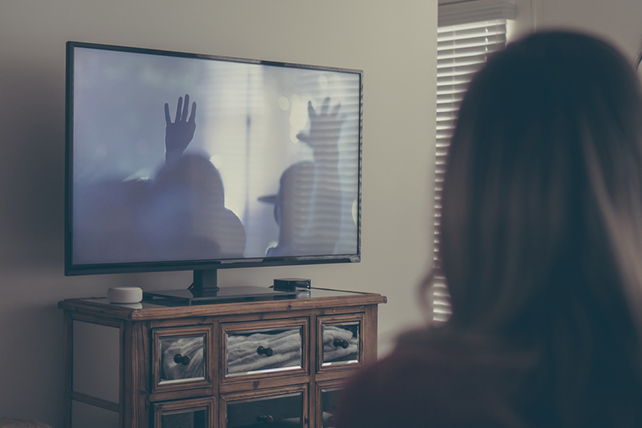Unintended consequences can be positive or negative outcomes in response to unforeseen or unplanned events or experiences. We certainly didn’t choose this season of worshiping from home. But most of us have unintentionally learned some valuable lessons that should influence how we do gathered worship on the other side of this crisis.
Here are 5 unintended consequences of worshiping from home:
1. Sermons are shorter, yet more profound
Most pastors have realized that attention spans online are much shorter so they have intentionally left more of their sermon notes on the cutting room floor. What they have discovered is that a succinct, refined, and consolidated message offers their congregations less information to synthesize but more spiritual truths that can actually be internalized. Preparing and presenting messages with an economy of words is a practice that should continue since attention spans are probably not that much longer in person.
2. Worship is simpler and less contrived
Most worship leaders have realized when trying to program a remote worship service that less is always more. Before this season of dispersed worship, it seemed like many of us had fallen into the unhealthy habit of trying to surpass the creativity of the previous week. So, we over innovated, over-stimulated, and over imitated. Hopefully, we’ve learned how unnecessary and unhealthy that practice can be and we’ll spend more of our time in the future focusing on the creator rather than on our own creativity.
3. Intergenerational worship is foundational instead of optional
Many of us have looked for ways but have often found it difficult to encourage our congregations to move away from worship services separated by generations. And even though intergenerational togetherness was forced during this season, we figured out how to do it because everyone cared more about protecting their families than protecting their preferences. We certainly shouldn’t waste what we learned in this time as everyone was willing to sacrifice some for the good of all. So how can we leverage that deference for continuing intergenerational worship when we again have the opportunity to gather?
4. Off-limits music programs are now on the table
Some of those music ministry programs we thought we couldn’t possibly live without, we could. So instead of thinking about when we might start them back up, we should be asking if we should. This season has forced us to initiate music and worship ministry audits that we should have already been implementing regularly anyway. So maybe before firing up all those music ministry programs again, we should first ask if they are going to help us fulfill our mission. If they aren’t, then why would we do them?
5. Church size isn’t determining worship quality
The quality of worship should never be determined by the quantity of worship leaders and worshipers. But that hasn’t stopped those previous comparisons of bigger being better because larger churches have more resources, personnel, and talent. During this season, however, the perceptual playing field has been leveled as all churches were limited to the same number of worship leaders, the same resources for technology, and the same platforms for streaming. Hopefully, this online leveling will continue to remind us when we gather again that a comparison according to size is always unhealthy. Every church should be developing distinctly and becoming uniquely the congregation God has called them to be where they are with what they have. The commitment to that calling instead of comparison is what sets the bar for worship quality.
This article about worshiping from home originally appeared here.


